15 Non-Negotiable Must-Dos Before Any International Trip

Many countries won’t let you in if your passport expires within six months of your return date, so checking its validity is essential. Don’t just glance at the expiration also confirm you have enough blank pages, as some destinations require at least two for entry stamps or visas. Renewing a passport isn’t always quick it can take weeks or even months depending on your country’s processing times. If you’re traveling as a couple or group, check everyone’s documents at once to avoid unexpected airport panic or immigration refusals that could derail your entire trip.
1. Check Your Passport’s Expiration Date

Many countries require your passport to be valid for at least six months beyond your return date, so don’t wait until the last minute to check. Also, make sure you have enough blank pages some destinations require at least two for entry and exit stamps. Renewing a passport can take weeks or even months, depending on where you live, so plan early. This simple step can save your entire trip from being derailed. If you’re traveling as a couple or in a group, review everyone’s passport details together to catch any issues before heading to the airport. A quick check now prevents major stress later.
2. Research Entry and Visa Requirements

Entry rules vary widely some countries require an eVisa, others offer a visa on arrival, and a few demand pre-approved paperwork before you even board your flight. These rules depend on your nationality, trip duration, and purpose of visit. If your visa isn’t in order, you could be denied boarding or sent straight back upon arrival. Always check the official embassy website for your destination, and apply early. Some nations may also require proof of onward travel, a hotel reservation, or even a minimum bank balance, so review every detail carefully to avoid costly surprises.
3. Get All Necessary Vaccinations and Medications
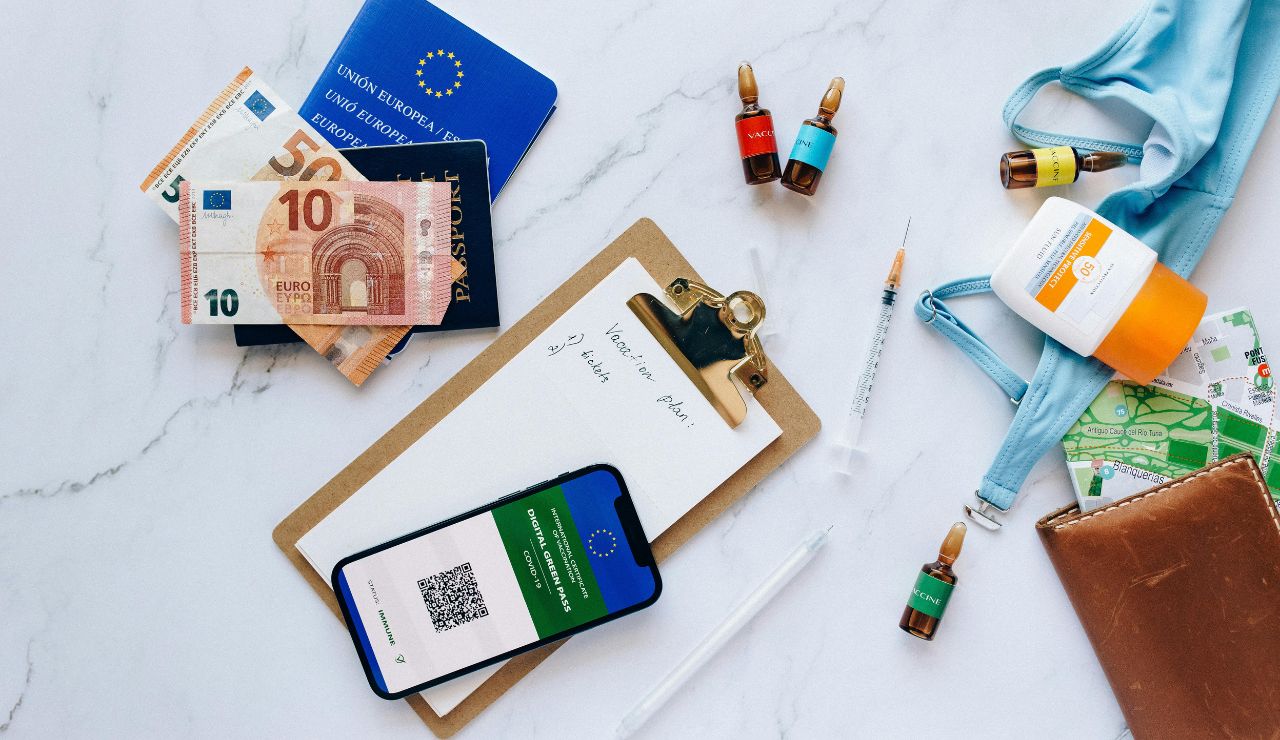
Some international destinations require specific vaccines like yellow fever, hepatitis A, or typhoid, and others may have malaria zones needing preventive meds. Visit a certified travel clinic four to six weeks before your trip for personalized recommendations based on your itinerary. Bring prescriptions in original packaging and check whether your medications are legal in your destination some countries ban common drugs without proper documentation. Prioritizing health is essential for a stress-free tour. Skipping this step can lead to denied entry or serious health risks abroad.
4. Buy Travel Insurance That Covers Everything

Travel insurance is more than a safety net, it’s a must-have for any international trip. It can cover medical emergencies, trip cancellations, lost luggage, theft, and even unexpected political unrest. Choose a policy that includes international coverage and is tailored to the activities you’ll be doing, such as hiking, scuba diving, or skiing. While some credit cards offer limited protection, a full policy provides more comprehensive support. Without it, a small mishap can turn into a major financial burden. It’s the kind of backup you hope not to use but will be thankful for if you need it.
5. Alert Your Bank and Credit Card Companies

To prevent your cards from being flagged or frozen overseas, notify your bank and credit card providers of your travel dates and destinations in advance. This not only helps prevent disruptions but also adds a layer of fraud protection. Ask about international usage fees, and if possible, carry a card that waives foreign transaction charges. Bring a small amount of local currency for immediate needs like cabs, snacks, or tips. Mobile banking apps make it easy to track expenses, manage limits, and receive alerts in real time ensuring your finances stay safe and accessible while you’re abroad.
6. Make Copies of Essential Documents
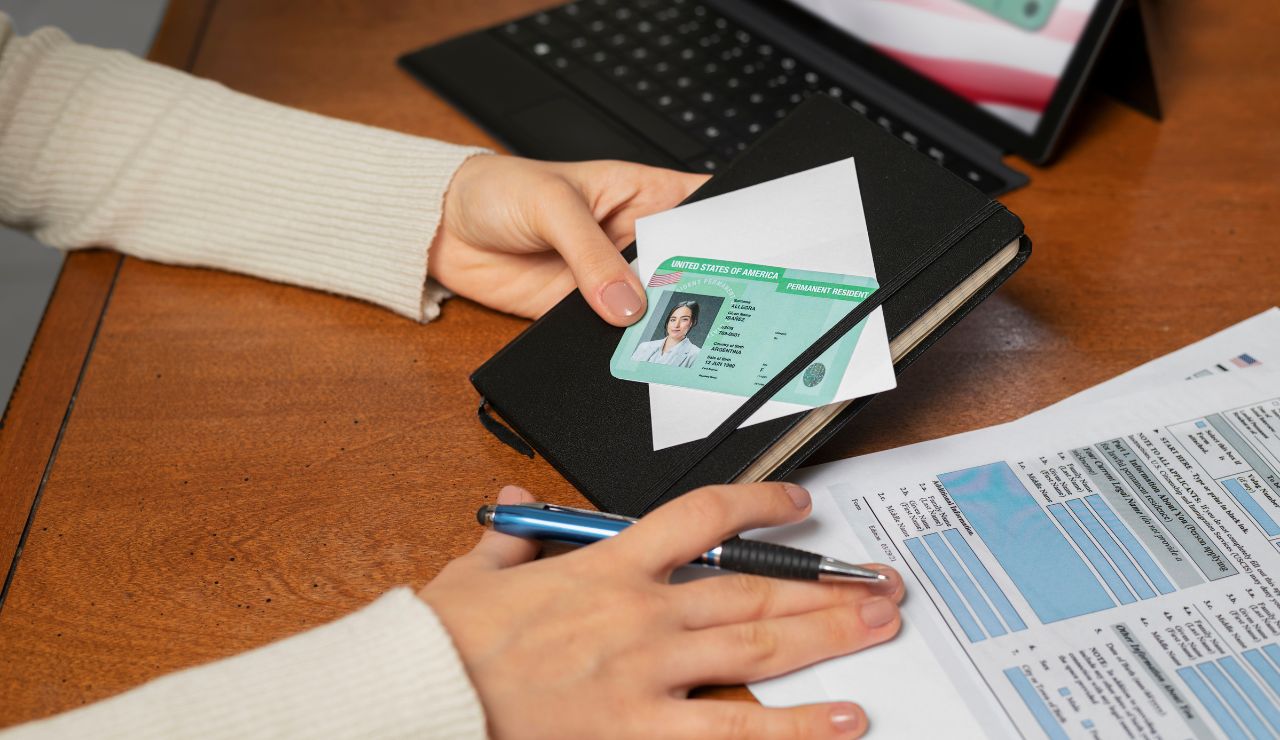
Always carry both digital and physical copies of essential documents like your passport, visa, travel insurance, and itinerary. Store one printed set in your luggage, another on your person, and upload scanned versions to a secure cloud service like Google Drive or Dropbox. If your passport is lost or stolen, having a copy can significantly speed up the replacement process at your nearest embassy. The same goes for prescriptions, identification, and confirmation emails for accommodations or tours. A few minutes of prep can spare you hours of stress and potentially save your entire trip.
7. Download Offline Maps and Key Travel Apps
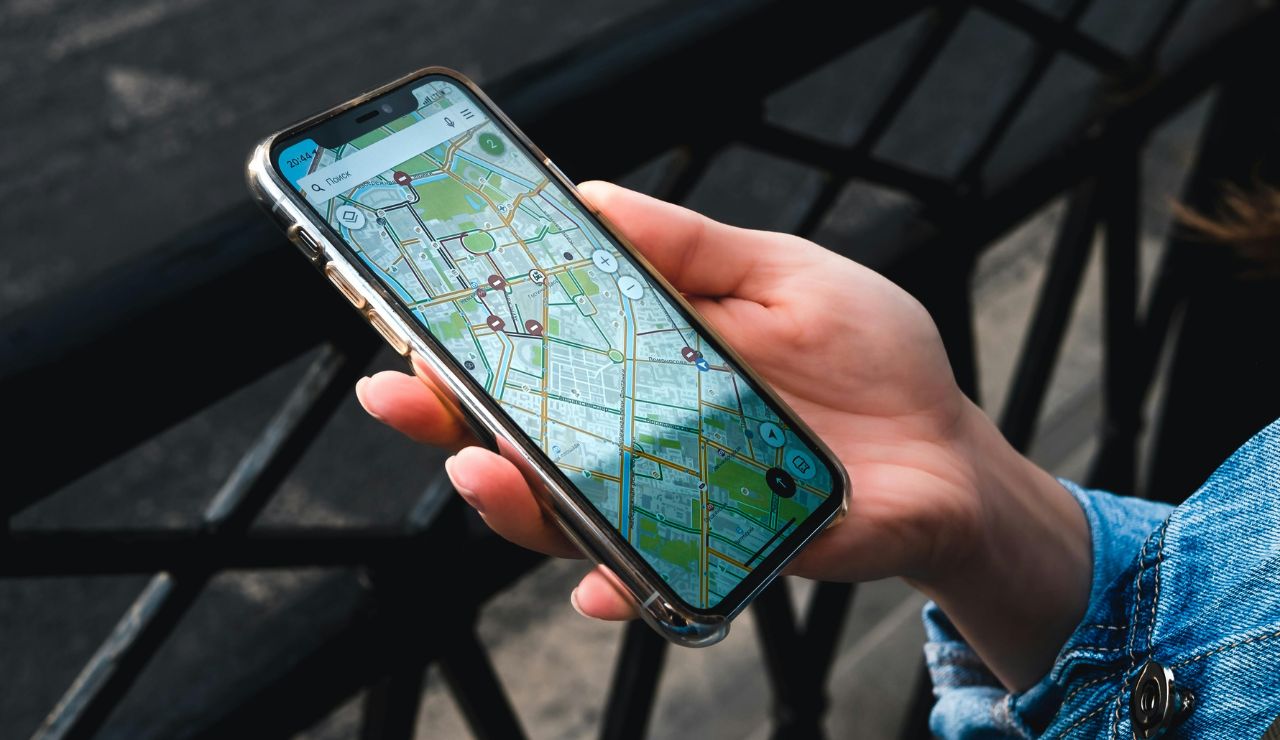
Internet access isn’t always reliable abroad, especially in remote areas or during transit. Download offline maps using apps like Google Maps or Maps.me before departure so you’re never lost. Also preload key tools like translation apps, transit guides, rideshare platforms, and currency converters. These apps can be lifesavers in unfamiliar places. For couples or group travelers, communication apps like WhatsApp or Google Voice help you stay connected, even with different SIM cards or Wi-Fi issues. A bit of digital prep makes travel smoother and less stressful.
8. Learn a Few Local Phrases and Customs

A simple “hello,” “please,” or “thank you” in the local language can go a long way in making connections with locals. Learning how to ask for directions, order food, or seek help can be invaluable especially in emergencies. Equally important is understanding customs, like dress codes, dining etiquette, tipping, and respectful gestures. These small efforts help you avoid awkward moments and show genuine appreciation for the culture. It’s not just polite it deepens your experience and opens doors to authentic interactions.
9. Register With Your Embassy or Government
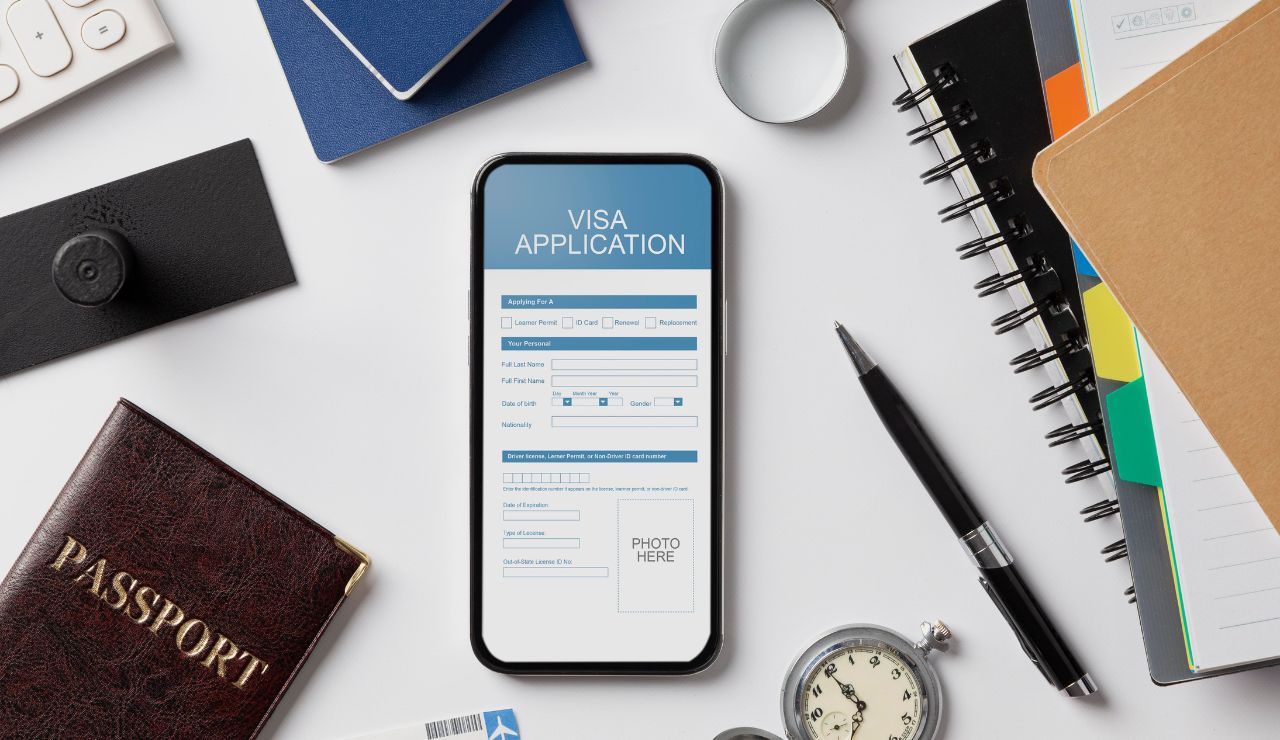
Many governments offer free traveler registration programs that notify their embassies when citizens travel internationally. Enrolling helps officials contact you during natural disasters, civil unrest, or emergencies and it offers peace of mind to your loved ones back home. In destinations with unstable conditions, this simple step can truly be lifesaving. For Americans, the Smart Traveler Enrollment Program (STEP) is fast, free, and highly recommended before any international departure. It ensures you’re not alone if something goes wrong while you’re far from home.
10. Sort Out Your Mobile and Data Plans
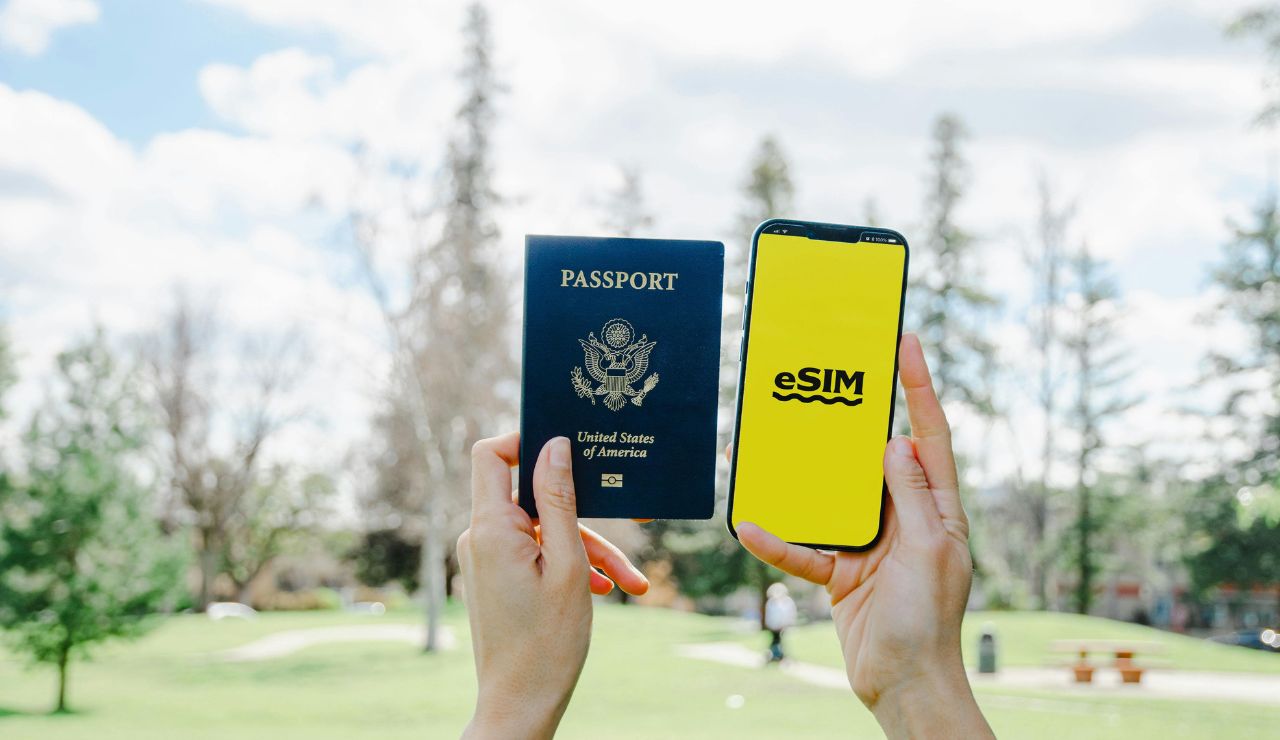
Roaming fees can skyrocket if you’re not prepared. Before you go, check if your mobile provider offers affordable international plans or consider switching to an eSIM or picking up a local SIM card at the airport. Many destinations offer tourist SIMs with generous data packages. Just make sure your phone is unlocked. Messaging apps like WhatsApp and Signal let you stay in touch over Wi-Fi or data, avoiding extra charges. Reliable connectivity is crucial for navigation, travel alerts, and staying in contact with loved ones while abroad.
11. Confirm International Flight and Transit Rules
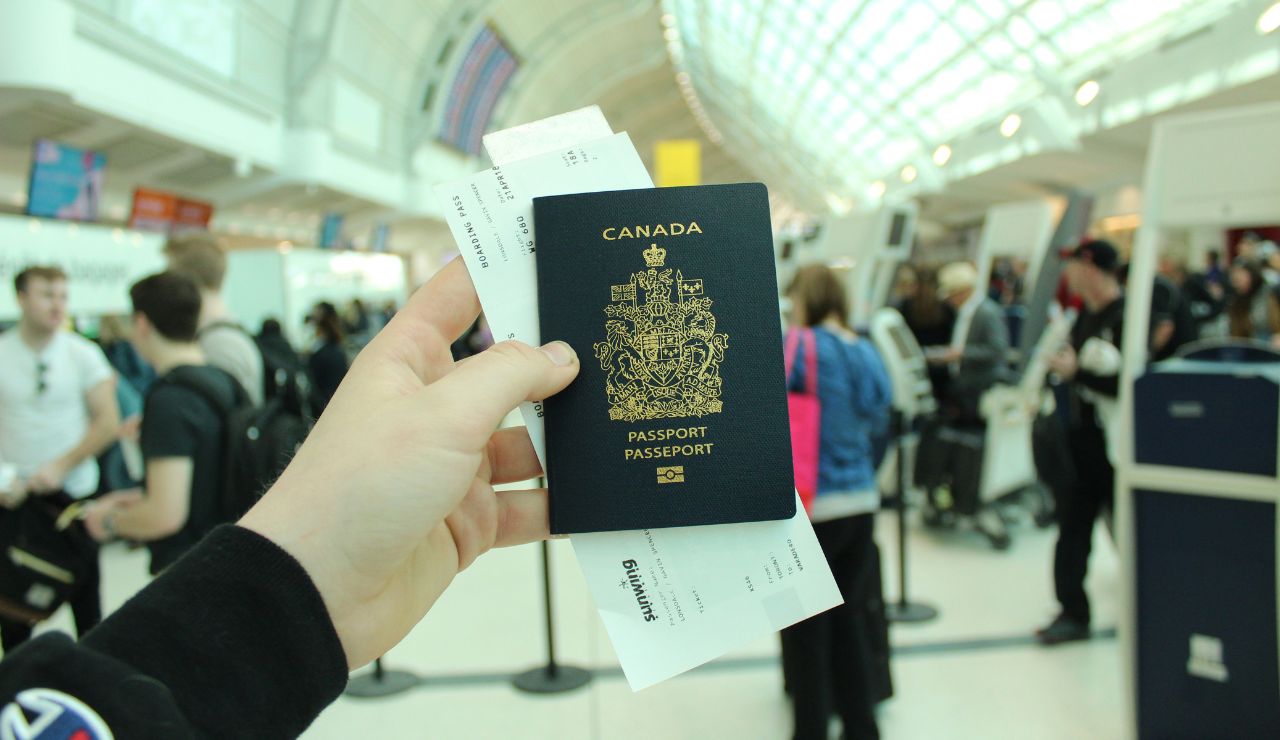
Long-haul flights often come with layovers, and some countries require a transit visa even if you never leave the airport. Double-check all your flight times, baggage rules, and airline-specific policies well in advance. Some budget airlines or smaller airports still require printed boarding passes, so don’t assume a mobile version will do. Keep an eye on any schedule changes, especially during weather disruptions or airline strikes. Being proactive with your flight logistics helps avoid surprises and ensures a smoother travel experience from check-in to arrival.
12. Pack Smart Including Adapters and Essentials
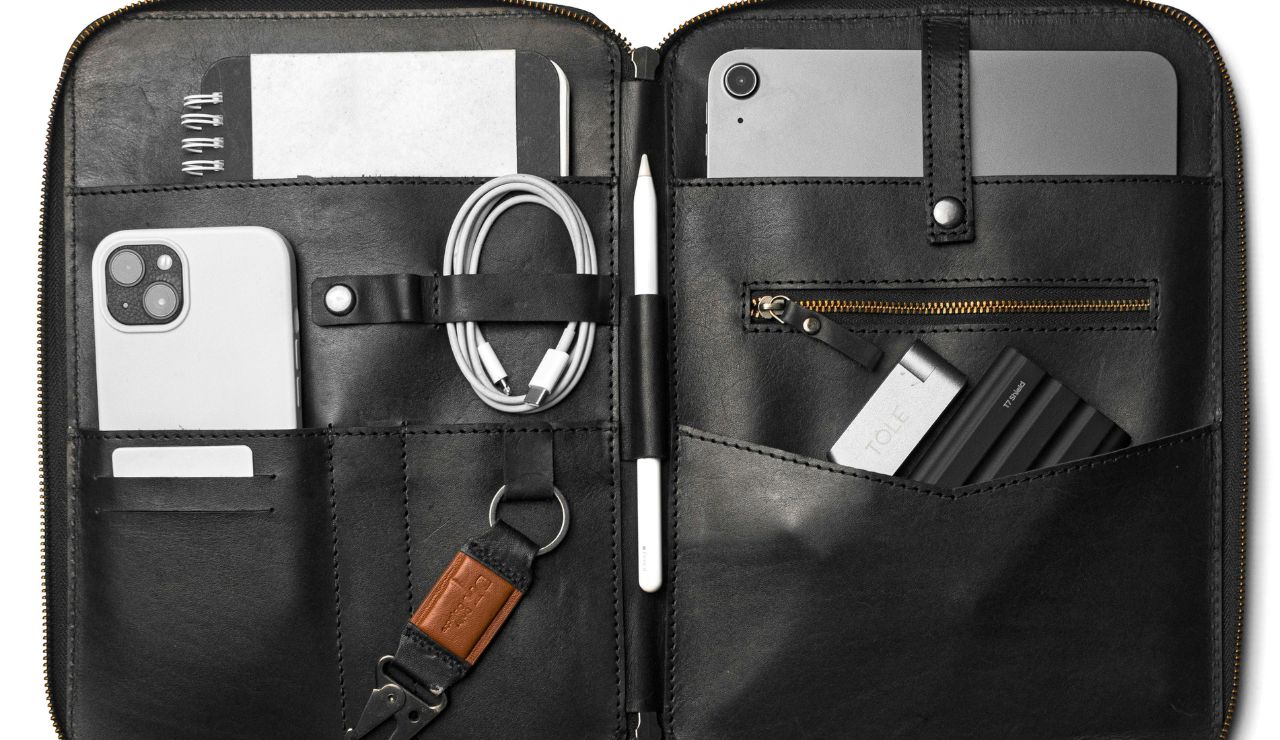
Each country has its own power outlet types, so a universal adapter and possibly a voltage converter is essential. Pack prescription meds in original packaging, travel-size toiletries, and a small first-aid kit. Don’t forget chargers, backup batteries, and a reusable water bottle to stay hydrated. Always place valuables, key documents, and one change of clothes in your carry-on in case your checked bag gets delayed. Thoughtful packing ensures you’re prepared, comfortable, and less stressed the moment you touch down.
13. Set Up Emergency Contacts and Plans

Before you leave, create a list of emergency contacts, including a close family member, your country’s nearest embassy, and your travel insurance provider. Share your full itinerary with someone back home so they know where you’ll be. If you’re traveling as a couple or group, choose a designated meeting point in case you get separated. In a crisis, knowing exactly who to call and what steps to take can save valuable time. Apps with live location sharing can also boost safety while exploring unfamiliar areas. A little prep goes a long way toward peace of mind.
14. Check Local Weather and Dress Codes

Tropical rainstorms or chilly desert nights can catch travelers off guard. Always research the weather and local dress codes before packing. Some festivals or religious sites require modest attirelike covered shoulders or long pants and ignoring this can come off as disrespectful. Knowing the climate and cultural expectations helps you pack smart and avoid uncomfortable surprises. Whether it’s a sarong for temple visits or a rain jacket for monsoon season, the right gear keeps you respectful, cozy, and ready for every part of your trip.
15. Double-Check COVID or Health-Related Entry Rules

Although many countries have eased COVID-19 rules, some still require proof of vaccination, negative tests, or health declarations especially for entry or transit. Requirements can shift with little notice, so always check your destination and layover regulations a few days before departure. Keep both digital and printed copies of your vaccine card and any test results handy. Staying informed not only speeds up border checks but also protects your health and respects the safety of local communities you’ll be visiting. It’s a small step that can prevent big travel headaches.